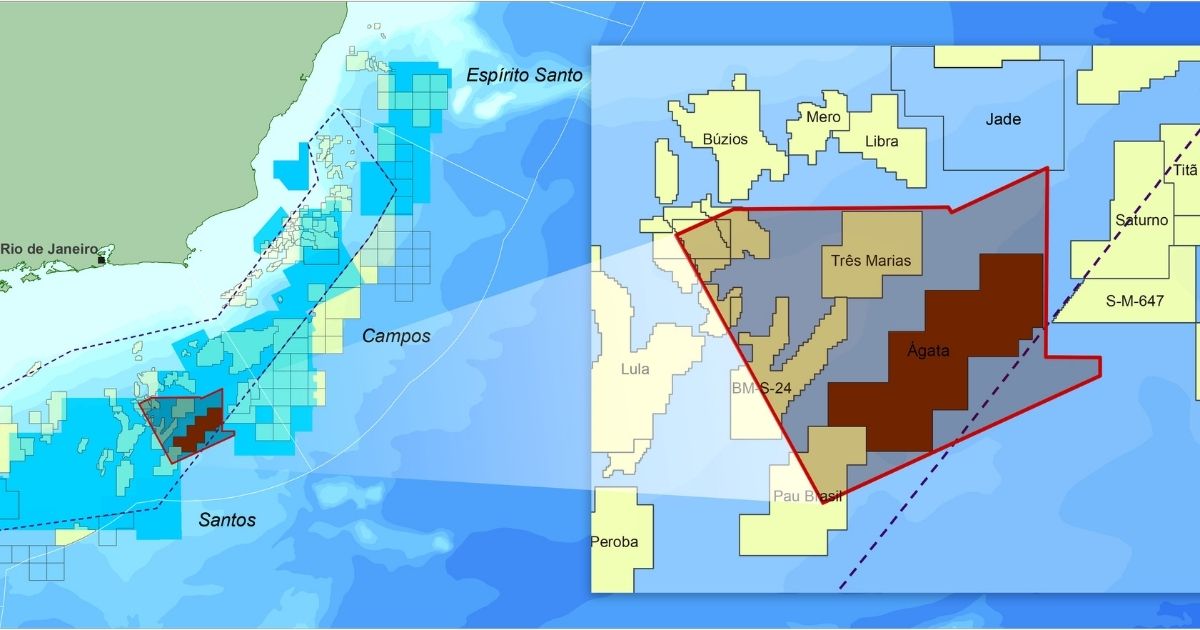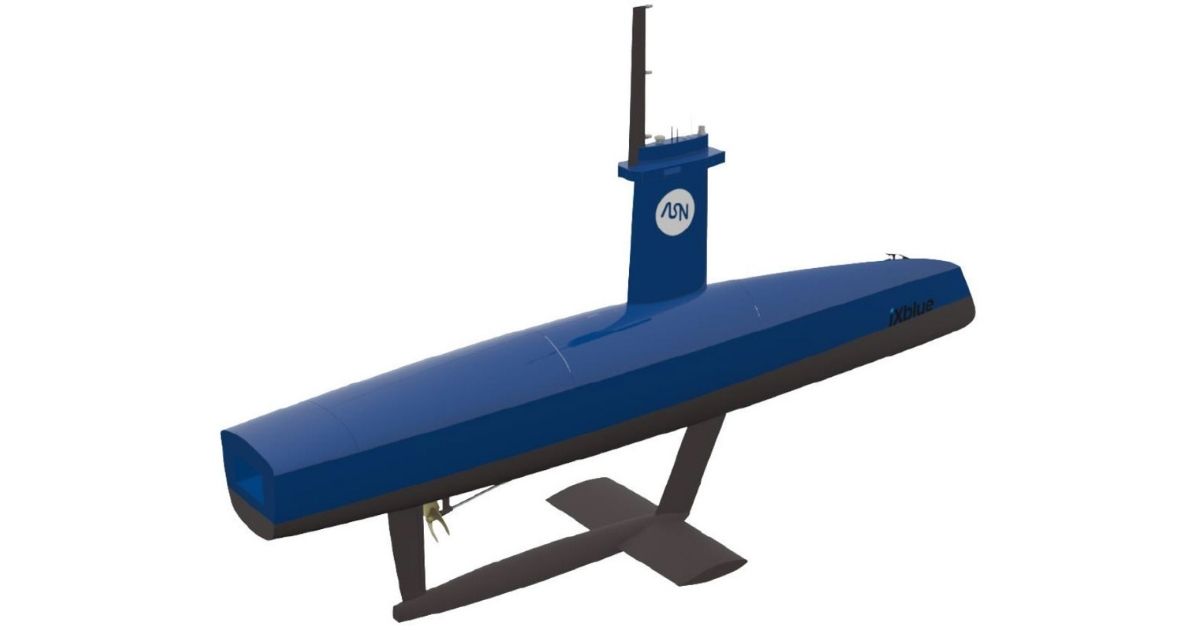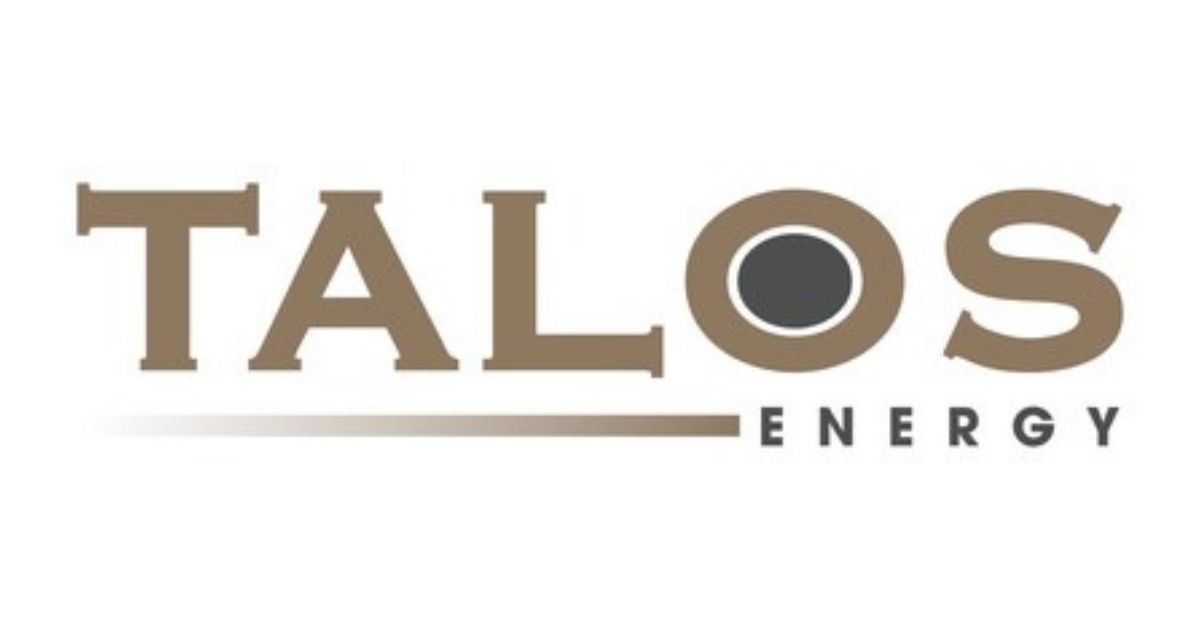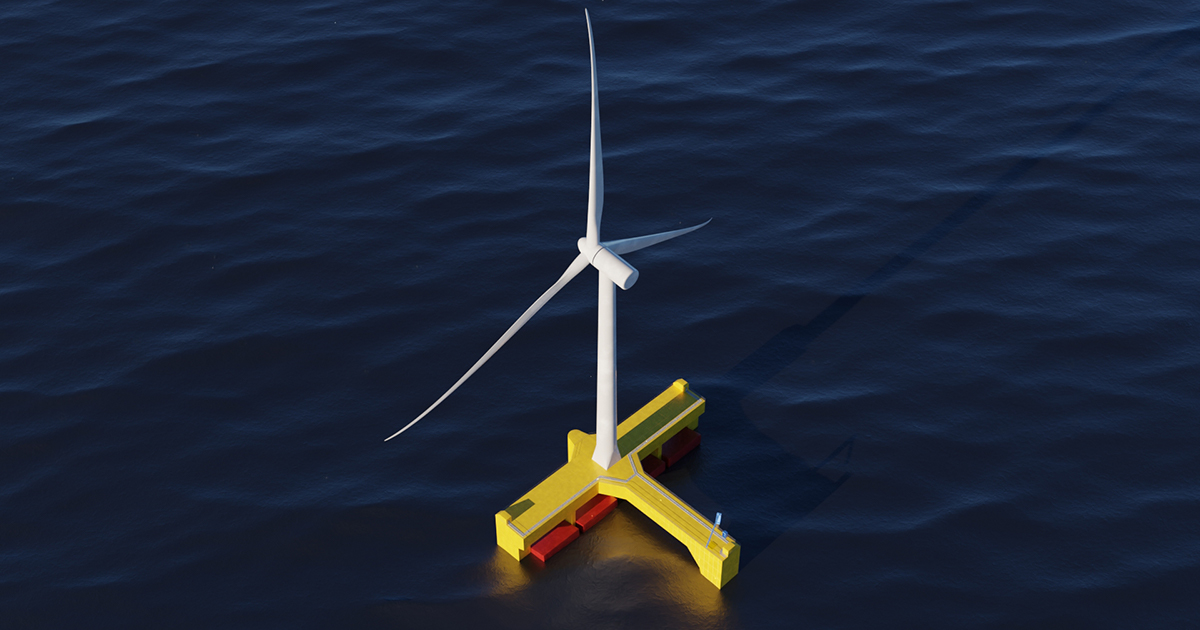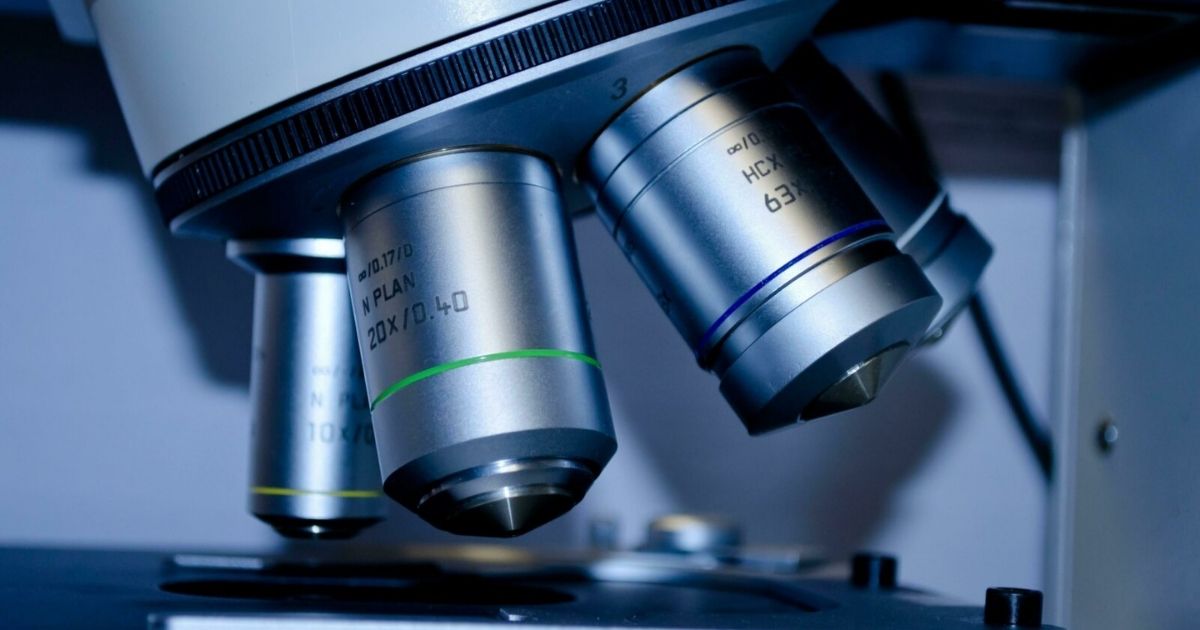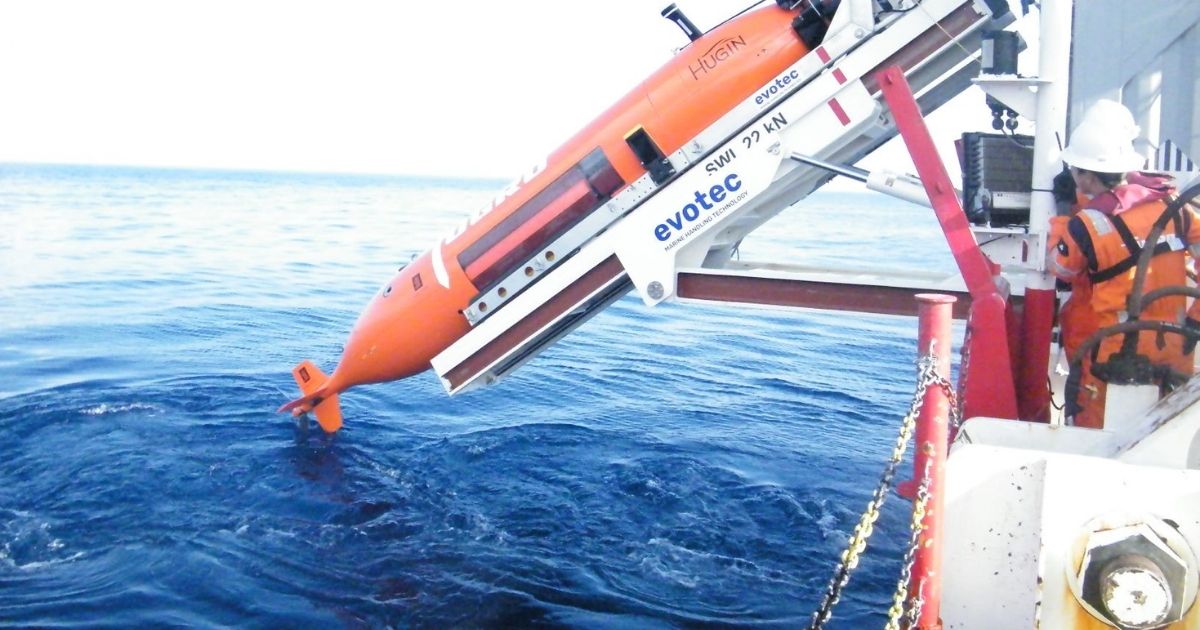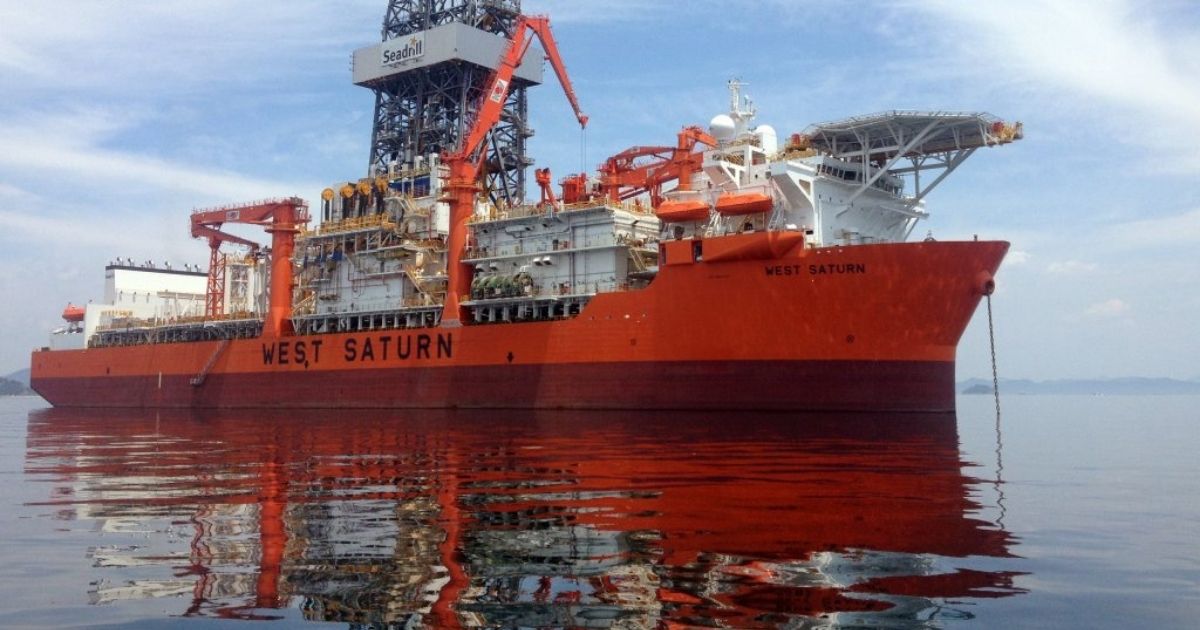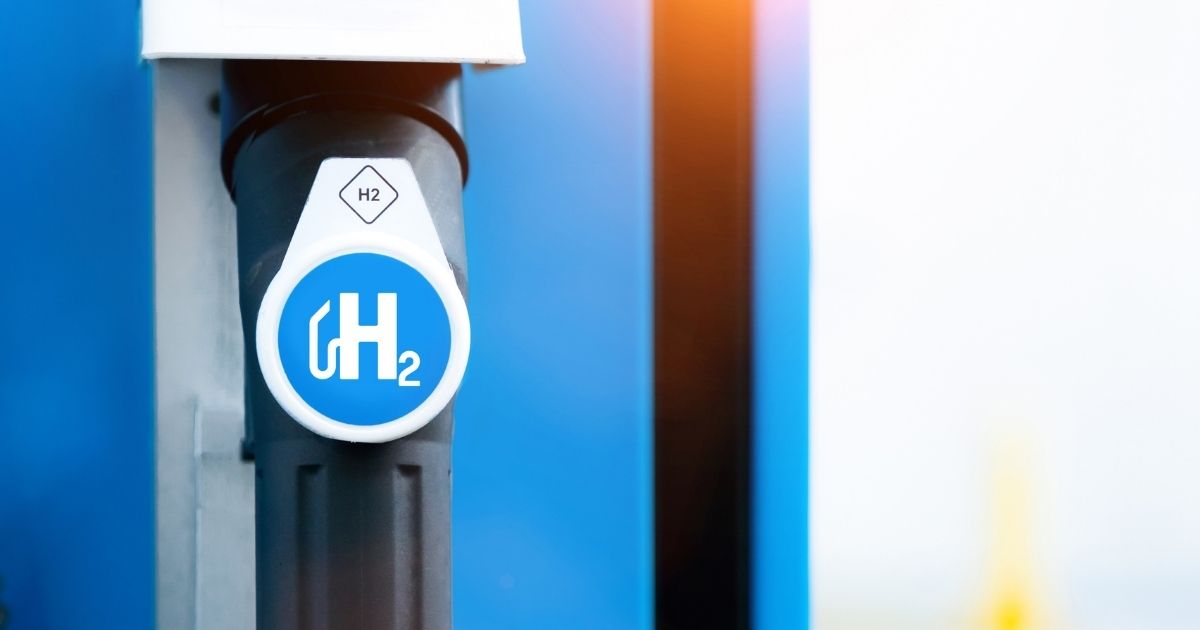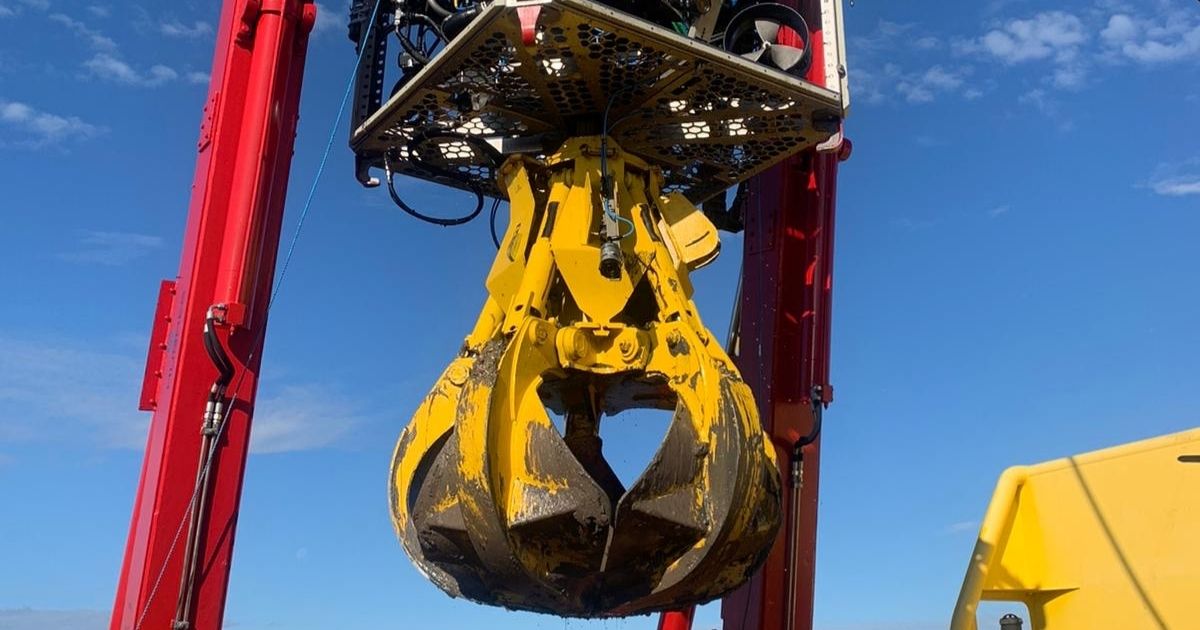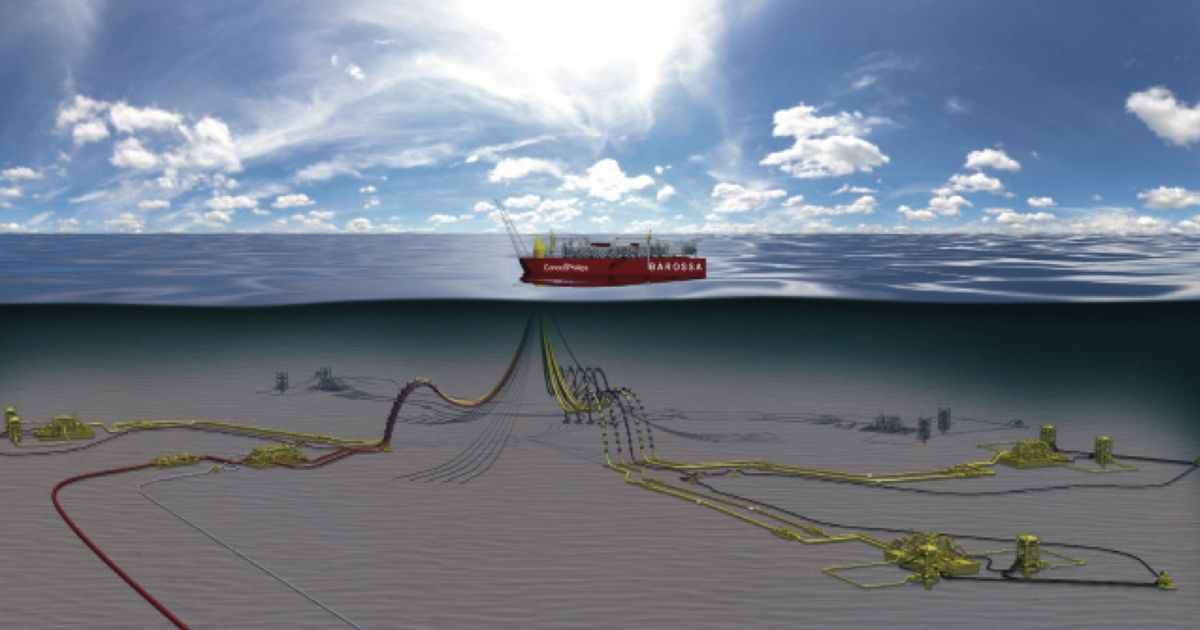SolarDuck, a Dutch renewable energy start-up, has launched the first floating solar energy project last week. The project, called the Demonstrator, consists of four triangular platforms covered with solar panels, which rest on floaters. This Demonstrator floats at IJzendoorn (NL), and delivers energy to the grid.
Last week, the floating platforms were towed upriver from Gorinchem, where they were built at Damen Shipyards, to IJzendoorn through the Waal (Rhine), the widest river of the Netherlands. “I’m incredibly proud,” says CTO Don Hoogendoorn “For months, we perfected the technological design, after which we built the Demonstrator within 7 months. From a technological point of view – our team has over 80 years of shared experience in maritime technology – we knew the platforms were built robustly, but a 50 km high speed towing route is the ultimate real-life test. During such a path, the forces are far beyond those you would experience at sea. And our platforms passed the test with flying colors.”
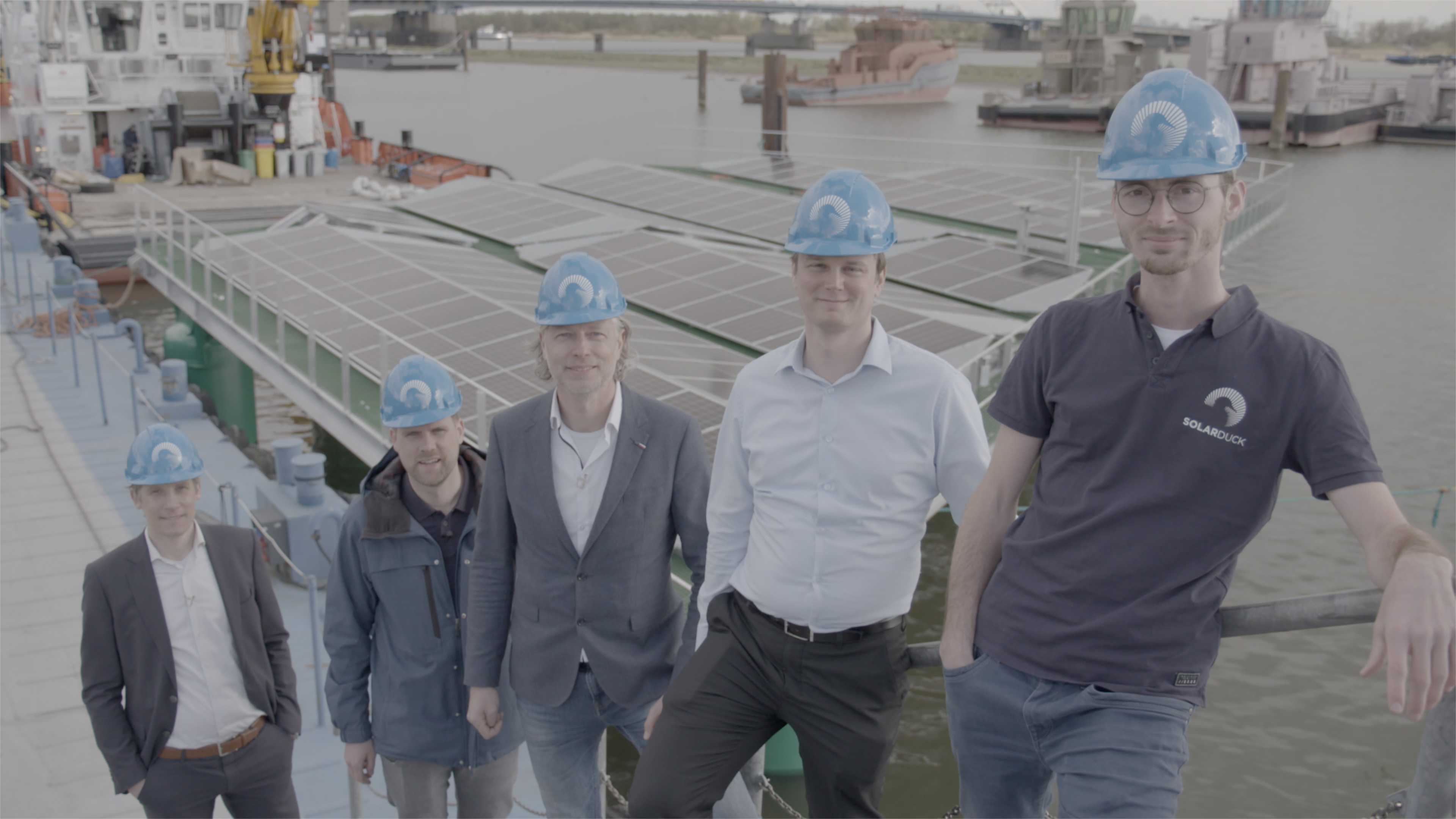 “This Demonstrator – our first project – is only the beginning” confirms Head of Business Development Olaf de Swart. Although the company has only been in full time business since October, global project demand has been high and stretches from Bermuda, to Japan. The main driving forces driving this market are a global ambition to get to net zero on the one hand, and a lack of space to place solar panels on the other. “The absence of available land is mainly seen on islands, in megacities such as Tokyo or Singapore, and on offshore platforms, which are therefore our target markets. But we even have project proposals from Oman, where land prices are so high, that people prefer to look at the sea for their solar energy need.”
“This Demonstrator – our first project – is only the beginning” confirms Head of Business Development Olaf de Swart. Although the company has only been in full time business since October, global project demand has been high and stretches from Bermuda, to Japan. The main driving forces driving this market are a global ambition to get to net zero on the one hand, and a lack of space to place solar panels on the other. “The absence of available land is mainly seen on islands, in megacities such as Tokyo or Singapore, and on offshore platforms, which are therefore our target markets. But we even have project proposals from Oman, where land prices are so high, that people prefer to look at the sea for their solar energy need.”
The start-up hardly has any time to sit back and enjoy its victory. “We have no time to rest on our laurels. Today, we’ll take pride in the project we built with our consortium of Engie Solutions, DSM Advanced Solar, Chint Solar, Damen Shipyards Group and Dekker Groep. Tomorrow, it’s all hands-on deck for our second project, which will float on the sea and is currently in details design.”, asserts CEO Koen Burgers. The market for offshore floating solar panels is still young, but is growing exponentially and will reach a size of 20000 GW according to international research agency DNV-GL. This is due to the fact that within the sunbelt – that part of the planet, which is sun rich, but wind scarce – solar is by far the cheapest method to produce renewable energy, but land is hard to come by. Burgers is pleased with the ambitious atmosphere in the market: “When we founded SolarDuck, we knew we wanted to change the world and add our bit to a sustainable future. Currently our global pipeline is already in the hundreds of megawatt peaks. Receiving worldwide recognition for your product at such an early stage is amazing. Now, it is our job to make our ambition come to fruition.”
SolarDuck also thanks AkzoNobel, MME Group, FEMTO Engineering, MechDes Engineering and EMHA for their support in realizing the Demonstrator.
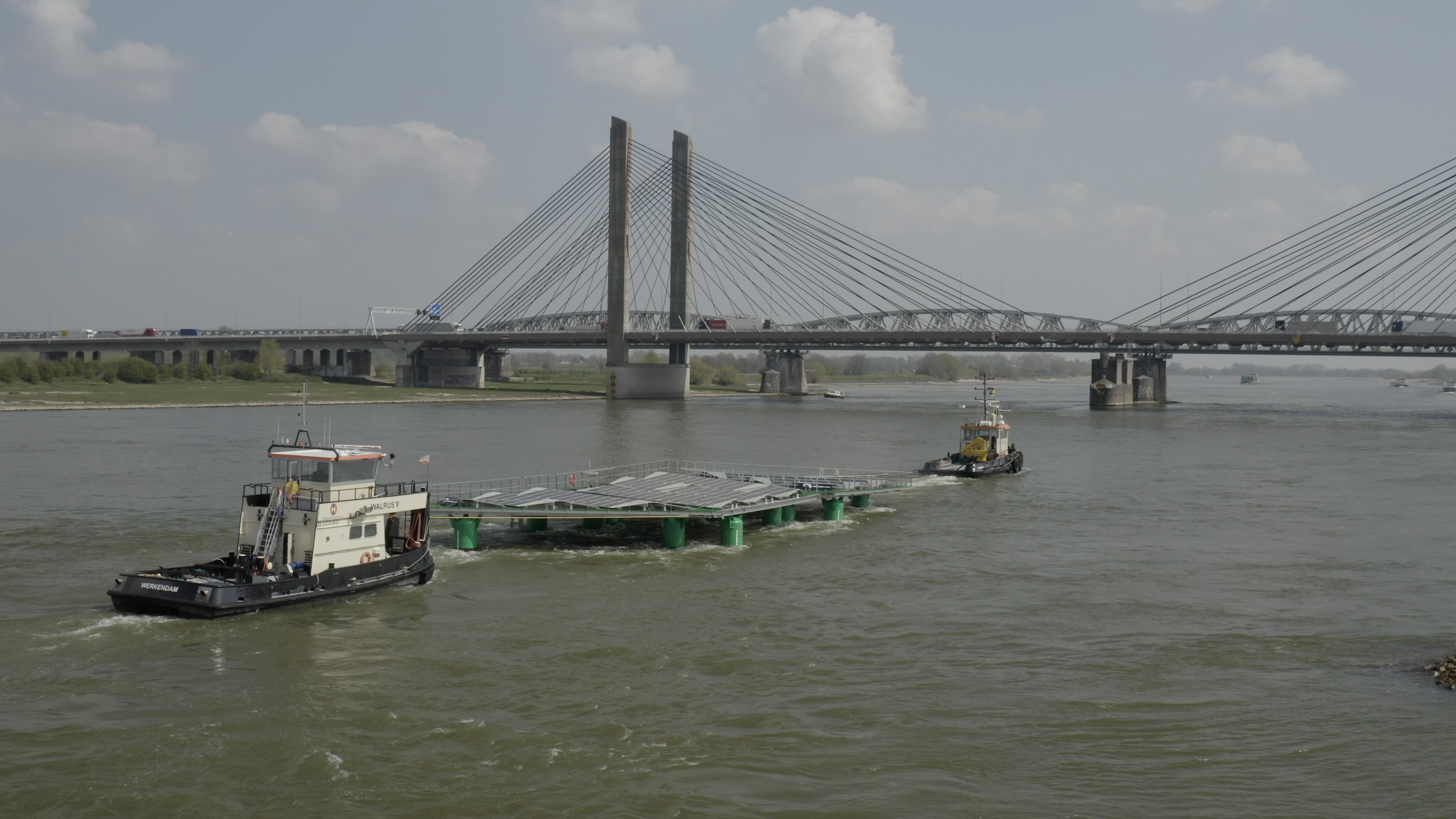


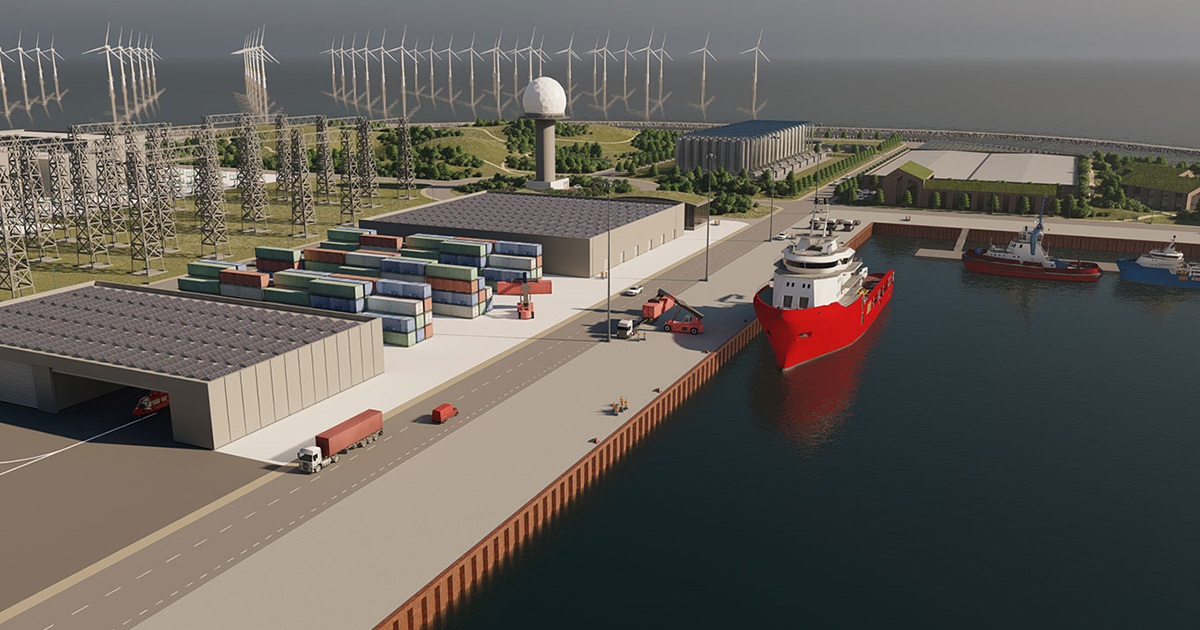

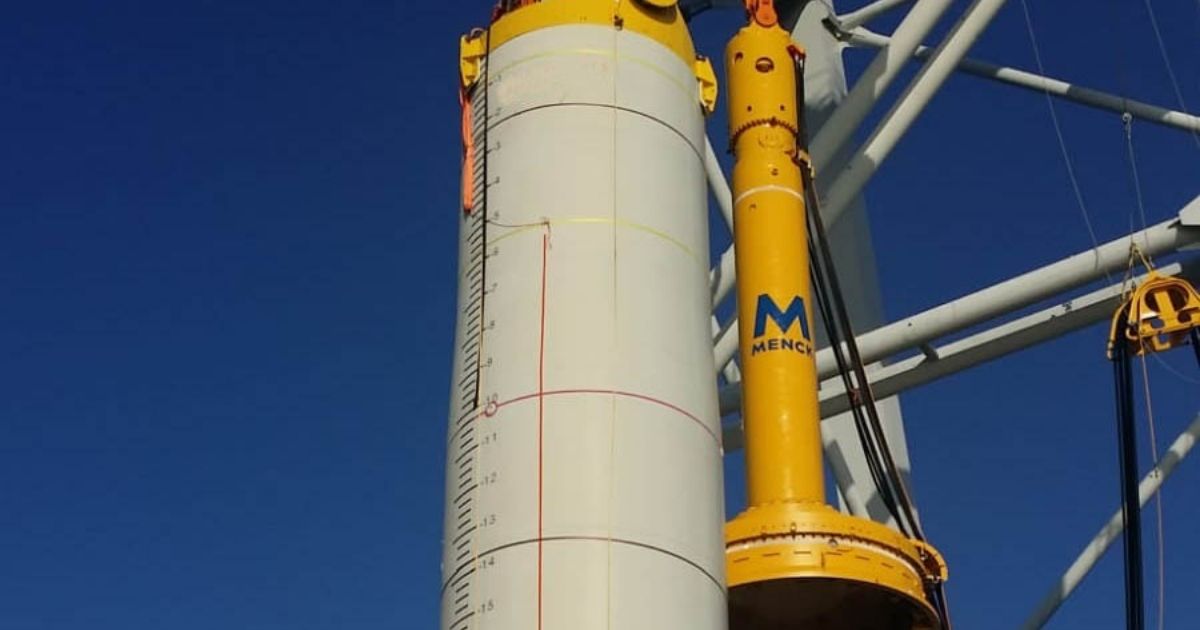

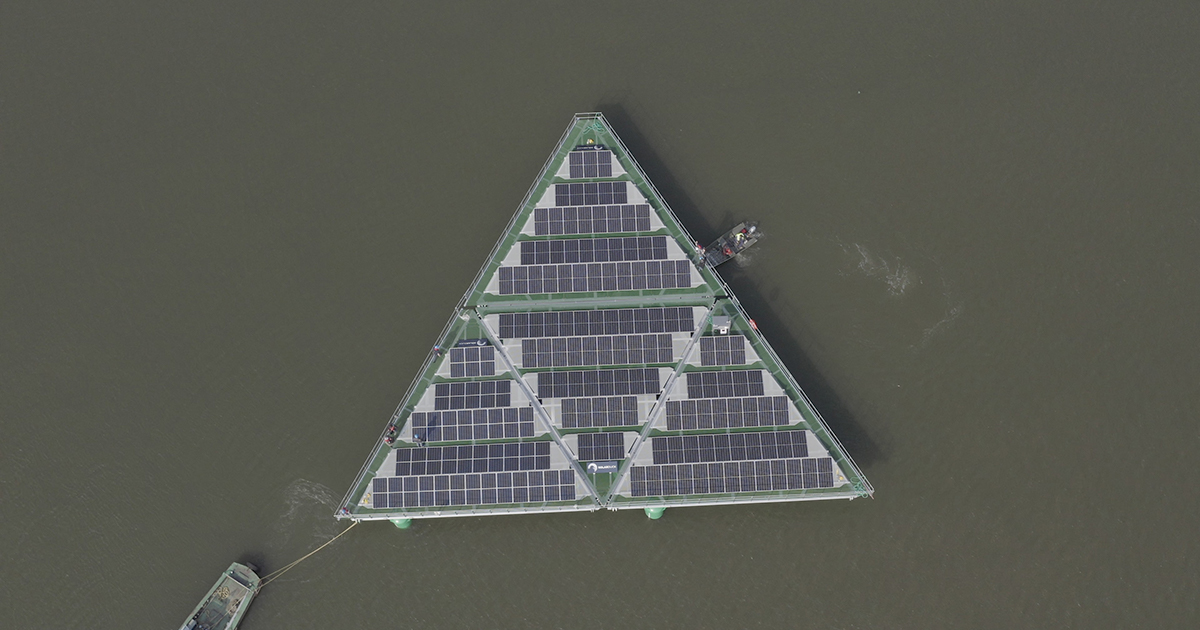
 “This Demonstrator – our first project – is only the beginning” confirms Head of Business Development Olaf de Swart. Although the company has only been in full time business since October, global project demand has been high and stretches from Bermuda, to Japan. The main driving forces driving this market are a global ambition to get to net zero on the one hand, and a lack of space to place solar panels on the other. “The absence of available land is mainly seen on islands, in megacities such as Tokyo or Singapore, and on offshore platforms, which are therefore our target markets. But we even have project proposals from Oman, where land prices are so high, that people prefer to look at the sea for their solar energy need.”
“This Demonstrator – our first project – is only the beginning” confirms Head of Business Development Olaf de Swart. Although the company has only been in full time business since October, global project demand has been high and stretches from Bermuda, to Japan. The main driving forces driving this market are a global ambition to get to net zero on the one hand, and a lack of space to place solar panels on the other. “The absence of available land is mainly seen on islands, in megacities such as Tokyo or Singapore, and on offshore platforms, which are therefore our target markets. But we even have project proposals from Oman, where land prices are so high, that people prefer to look at the sea for their solar energy need.”
